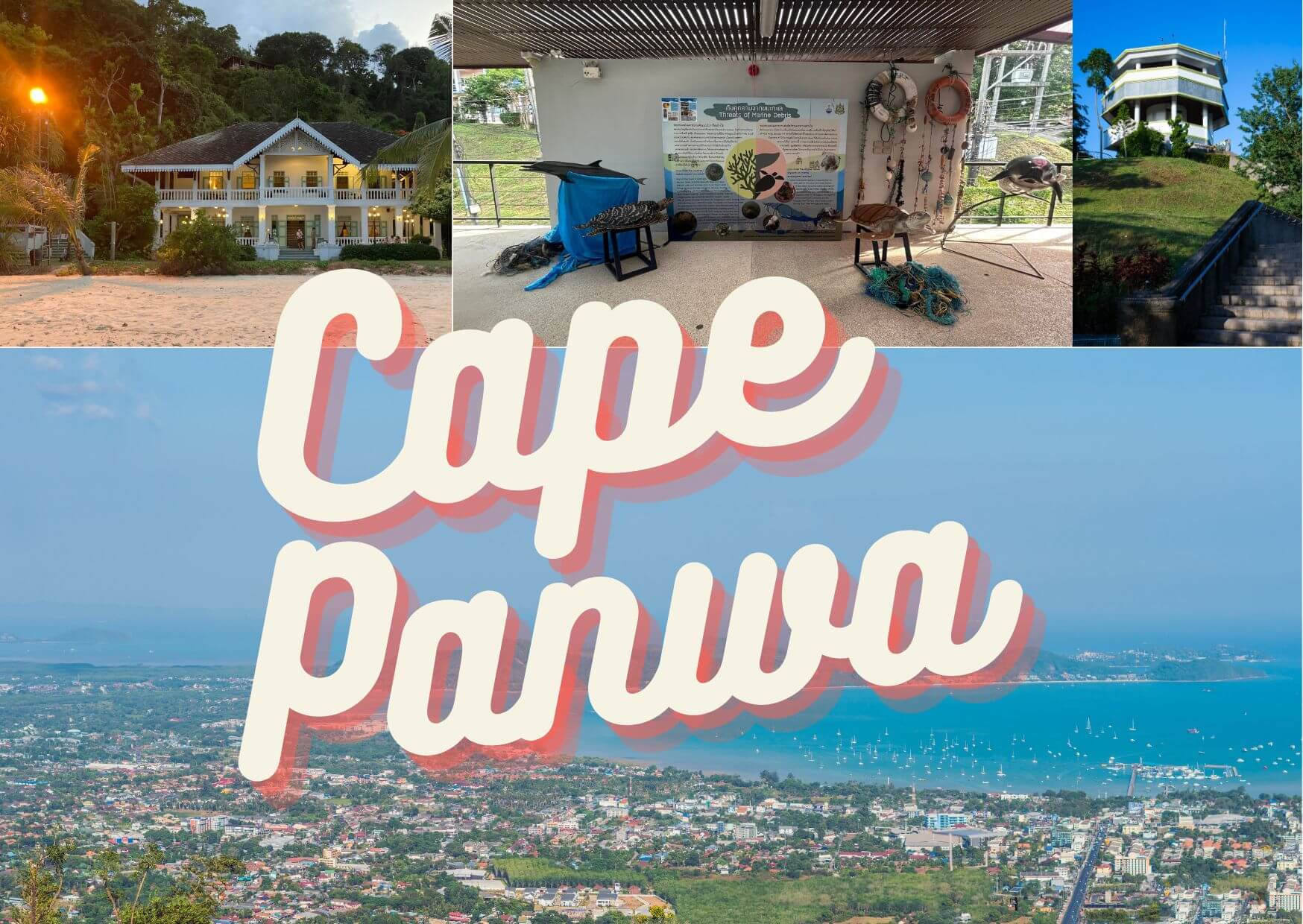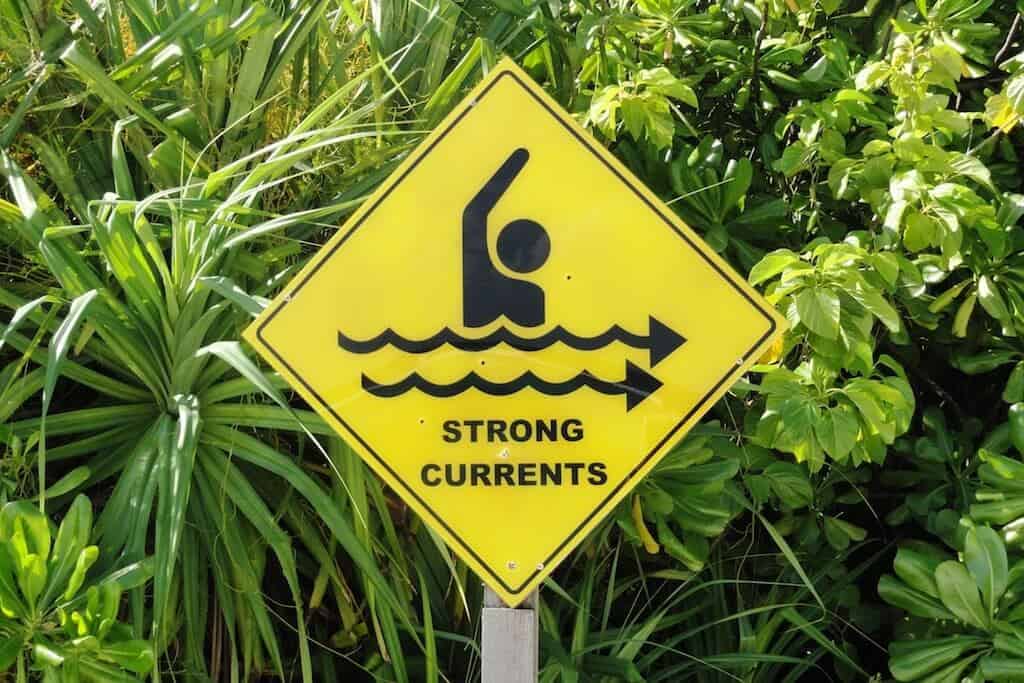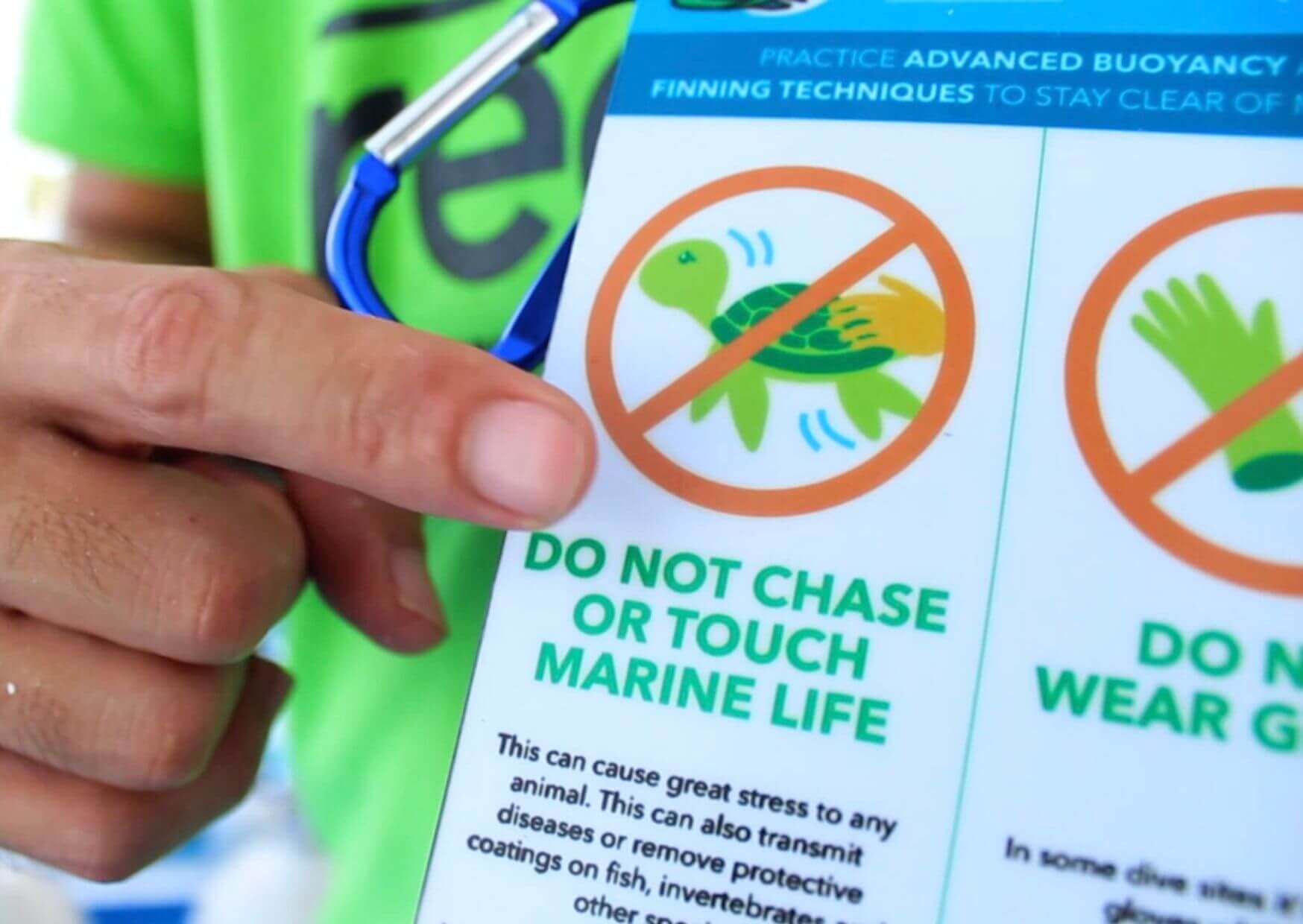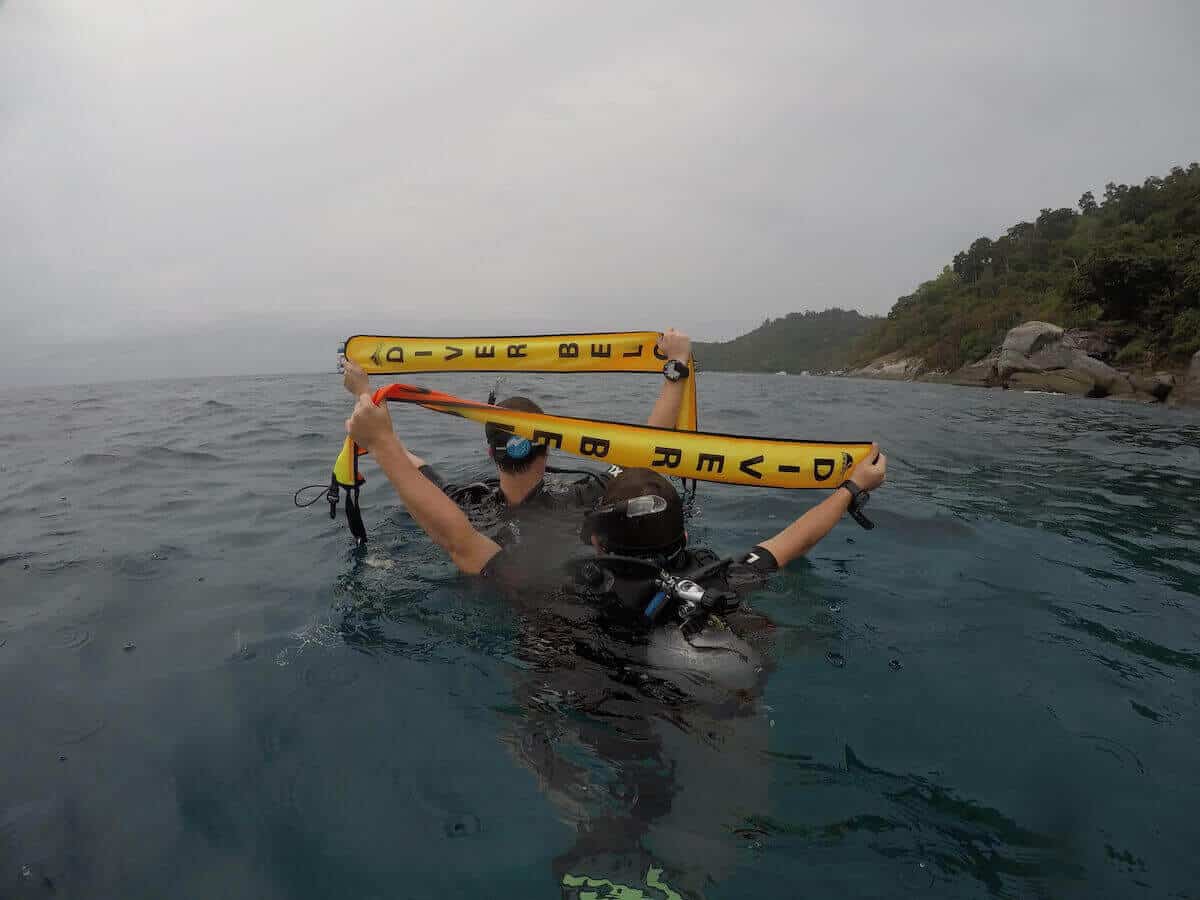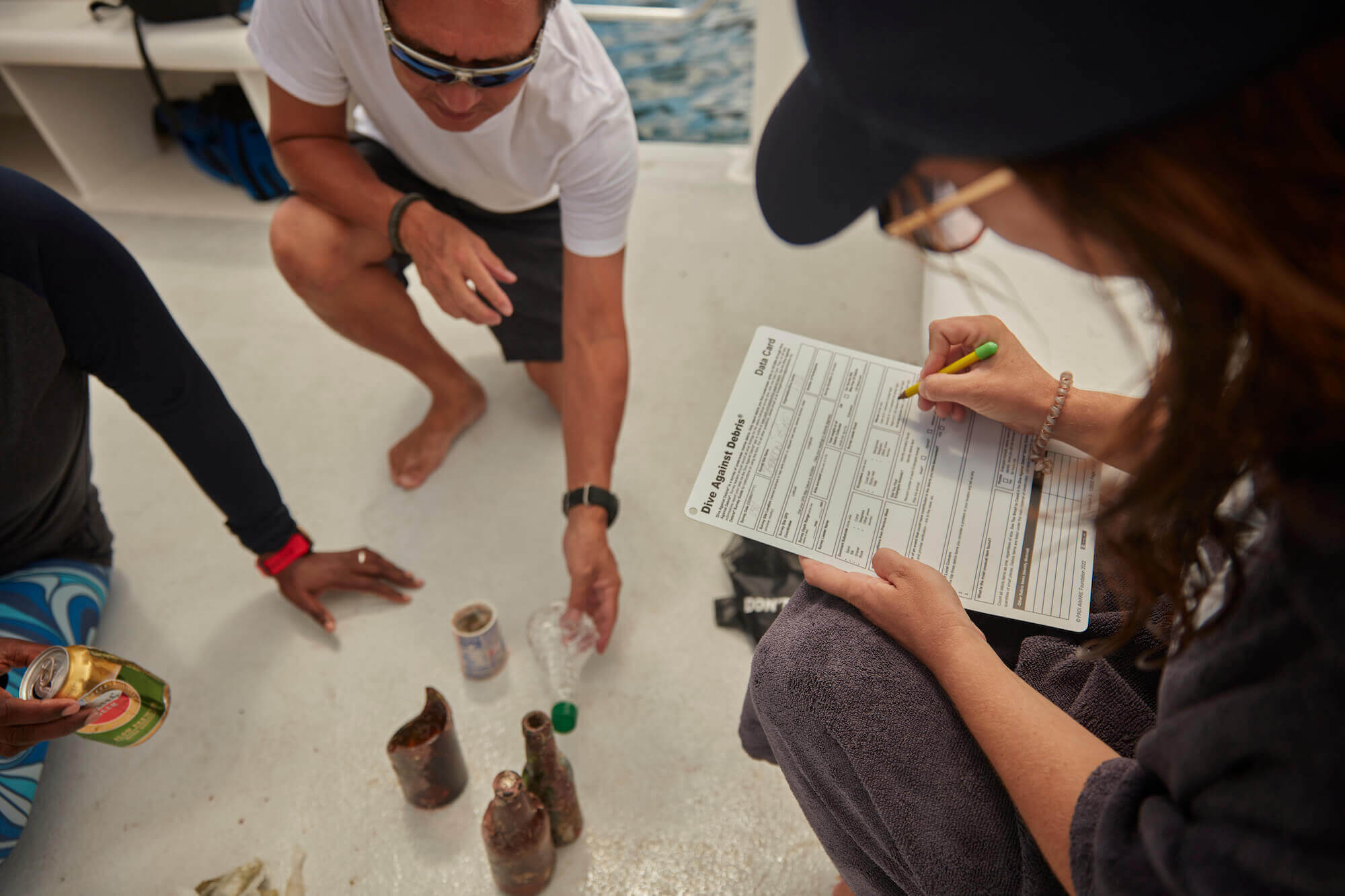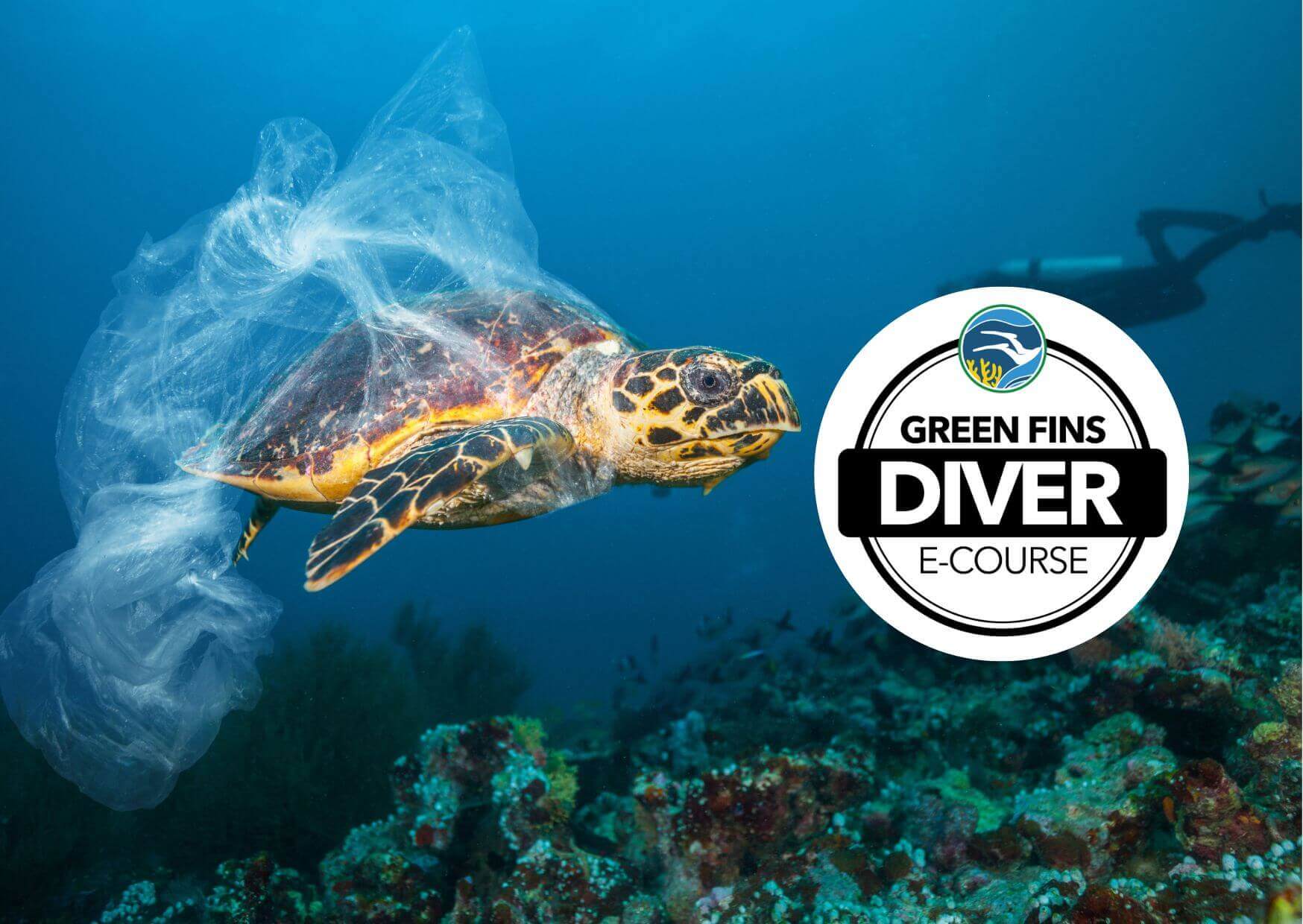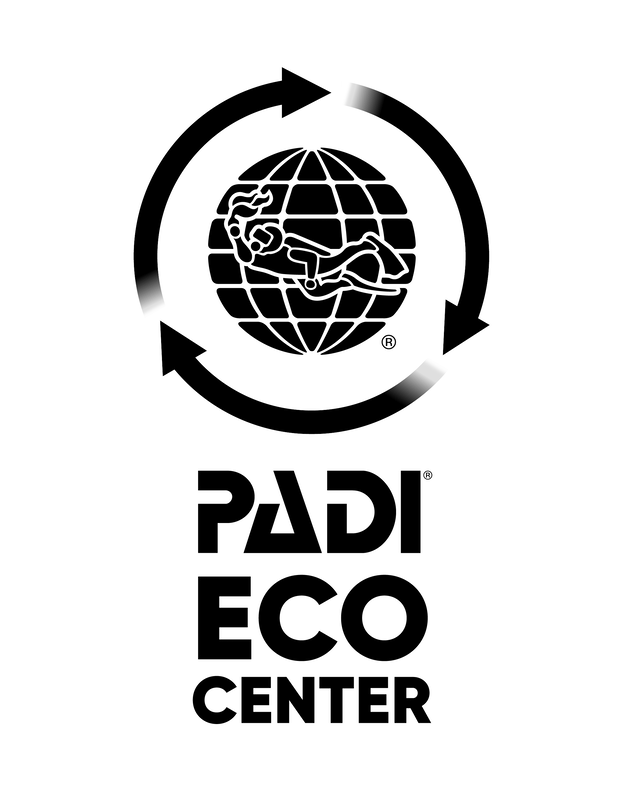Restoring Seagrass in Phuket
Seagrass, a remarkable flowering plant, thrives submerged in seawater, making it a unique and crucial component of coastal ecosystems. Found in shallow coastal areas, seagrass requires sunlight for energy generation. Not only does it serve as the primary diet for aquatic creatures like dugongs and green turtles, but it also provides a habitat for numerous marine life forms. The extensive root systems of seagrass help stabilize the sea floor, protect coral reefs by trapping harmful substances, and foster the growth of juvenile marine animals.
Restoring Seagrass in Phuket: A Vital Mission for Our Oceans
The Importance of Seagrass Communities
Seagrass meadows play a pivotal role in coastal ecosystem health by stabilizing the sea bottom and offering food and shelter to various marine organisms. Acting in conjunction with algae and mangroves, seagrass contributes to marine carbon cycles. In a striking ecological contribution, a square meter of seagrass can absorb 20 times more CO2 than a comparable area of land grass, mitigating water acidification and enhancing oxygen production. Given that 70% of our oxygen comes from the sea, preserving seagrass becomes imperative.
Threats and Loss of Seagrass Globally
However, despite its critical role, seagrass faces multiple threats. Human activities like boating traffic, anchoring, pollution from waste, and the impacts of climate change jeopardize seagrass meadows. Globally, seagrass coverage is diminishing at an alarming rate of 1.5% annually, equivalent to losing about two football fields of seagrass every hour. Over the past century, a staggering 29% of seagrass meadows have already vanished. Alarmingly, a significant portion of seagrass species is under threat, with nearly a quarter categorized as endangered or vulnerable according to a 2011 assessment.
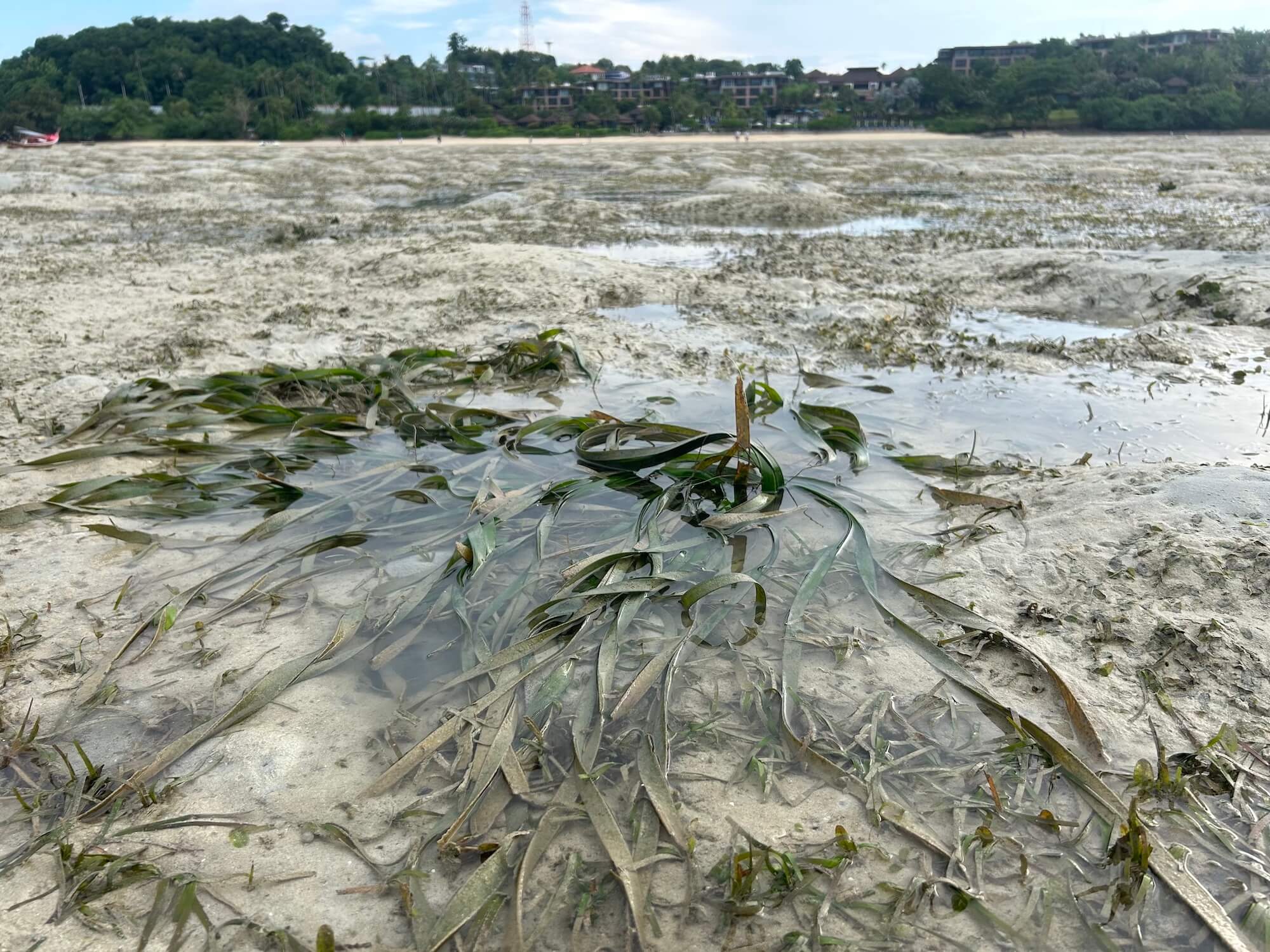
What are the benefits of tape grass?
In its native environment, tapegrass provides many benefits to the ecosystem, such as filtering water by sequestering and capturing carbon (blue carbon), and capturing excess nutrients. It is a source of food and habitat for many species of fish and invertebrates.

400 Tape grass seedlings
Tape grass seeds are harvested from Phang Nga Bay. After six months of cultivation at Prince of Songkhla University in Phuket and Pullman Panwa Resort, the seedlings are prepared for transplantation into the ocean. They are planted approximately 20 cm apart from each other, close to existing seagrass, providing them a new habitat.
Oceans For All and Aloha Diving Join Forces in Phuket

Amidst this concerning scenario, Oceans For All Fundation is taking meaningful steps to restore and conserve seagrass habitats. One such location is Phuket, where seagrass restoration efforts are gaining momentum. Aloha Diving recognizes the urgency of this mission and is providing crucial financial support to Oceans For All in their endeavors to rejuvenate seagrass in Phuket.
How we minimize the impact on the environment during our dive trips
At Aloha Diving, we are committed to minimizing the environmental impact of our dive trips. We prioritize sustainable practices to ensure the preservation of marine ecosystems. To learn more about our conservation efforts and how we contribute to the protection of seagrass and marine life, you can read more about our conservation efforts.
Conclusion
Seagrass stands as a living testament to the delicate balance of our marine ecosystems. Its preservation is not only vital for the diverse marine life it supports but also for the well-being of our planet. Collaborative efforts, like the partnership between Oceans For All and Aloha Diving in Phuket, highlight the importance of collective action in safeguarding our oceans. By investing in the restoration of seagrass and adopting sustainable practices, we can ensure a healthier marine environment for generations to come. Let us unite and act as responsible stewards of our oceans, working towards a future where seagrass thrives and our oceans flourish.
For more information on seagrass restoration efforts and how you can get involved, contact Oceans For All and Aloha Diving. Together, we can make a difference.


